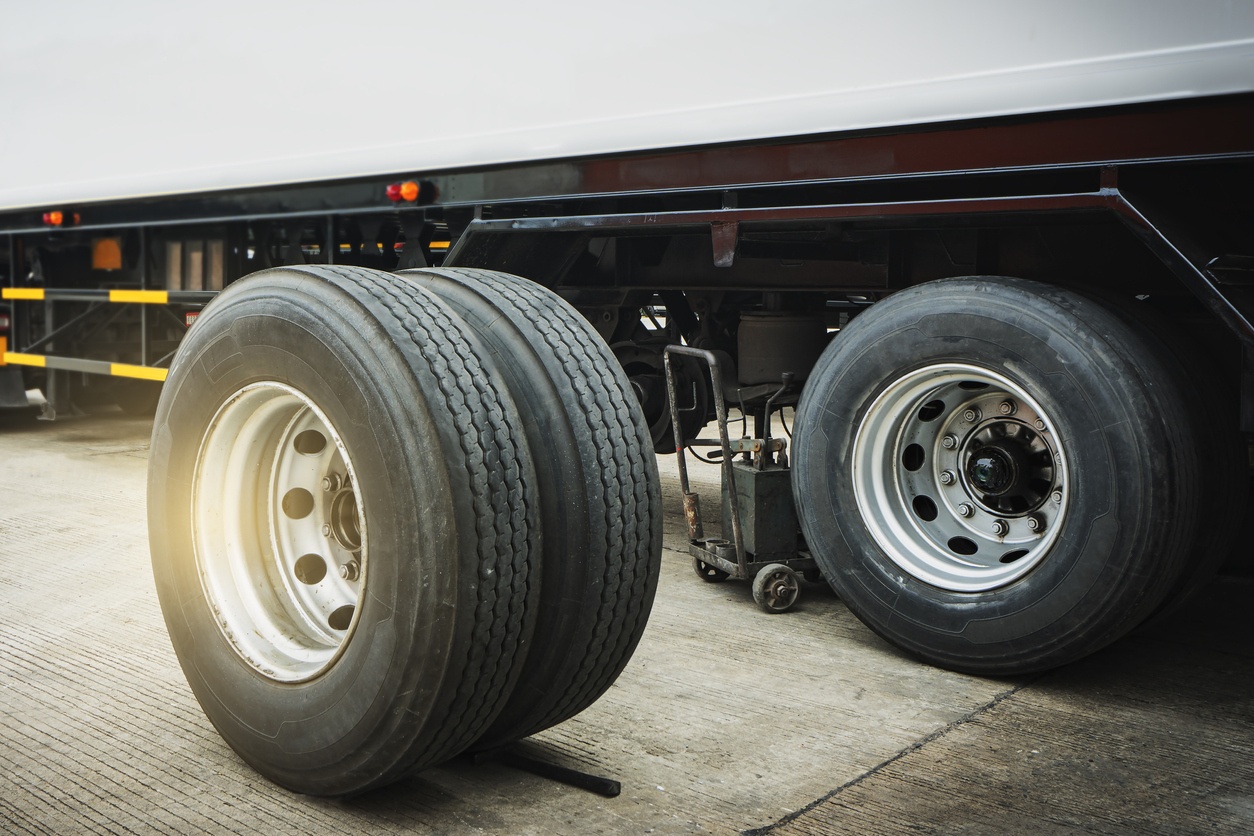Did you actively prevent losing a set of wheels today, or were you just lucky? Having wheels come off your truck or trailer, though quite rare, is one of the most serious safety violations to be found in trucking. Even out of adjustment brakes are somewhat effective, but wheels separating are not only of no use to you, but they pose an extremely dangerous, potentially deadly hazard. There are a few reasons why a set of wheels can separate from the truck or trailer, but the most common reason is improperly tightened lug nuts. Anytime a wheel is removed and re-installed, have the lug nuts retorqued within the first 100 miles.
In some jurisdictions, this is a recommendation, while in others like Ontario, it is mandated by law. The reason Ontario is so strict regarding wheels coming off commercial vehicles, is that about 20 years ago they had a real epidemic of wheels coming off trucks, and more than a few people were killed. Try to imagine the force of 2 tires and rims weighing close to 700 lbs hitting your car and a combined speed of over 160 km/h.
To best prevent a wheel separation, do a thorough check of the wheels, rims and hubs every time you do your pre trip, and check them periodically during the day. In particular, you want to check for proper tightness. I know this can be nearly impossible, but grab each lug nut and try to turn it. If you can turn any of them by hand, do not drive at all until they have been properly tightened and torqued by a qualified tire repairman.
Check each lug to make sure the same length of mounting stud is protruding through the lug nut, and make sure the lug nuts are installed properly. The nuts have a beveled edge that sits in the rim to properly hold the rim in place. If the beveled edge is visible, have the nut installed properly before driving. If the rim has any cracks whatsoever, or if there is evidence of rust coming from under the lug nut, have the issue fixed before driving.
If during the day the hub feels excessively warm, you will want to have that looked at as soon as possible. If possible, visually check the hub oil level, and top it off as needed. Check with your maintenance department for the correct hub oil, but it’s usually 80W95.
Some companies may want to save a few bucks on a road side service call and have you take the trailer to a repair shop. While that decision is entirely up to you, (we do NOT recommend this course of action in any way, how, shape or form) keep in mind that the penalty in Ontario for losing a wheel is between $2,000 and $5,000 per tire, and that fine is issued to the driver. On top of the fine, you will be placed out of service on the spot until the issue is corrected, and the violation will be entered into both your company’s safety profile as well as your own, which will accessible to any potential future employers.





Comments are closed